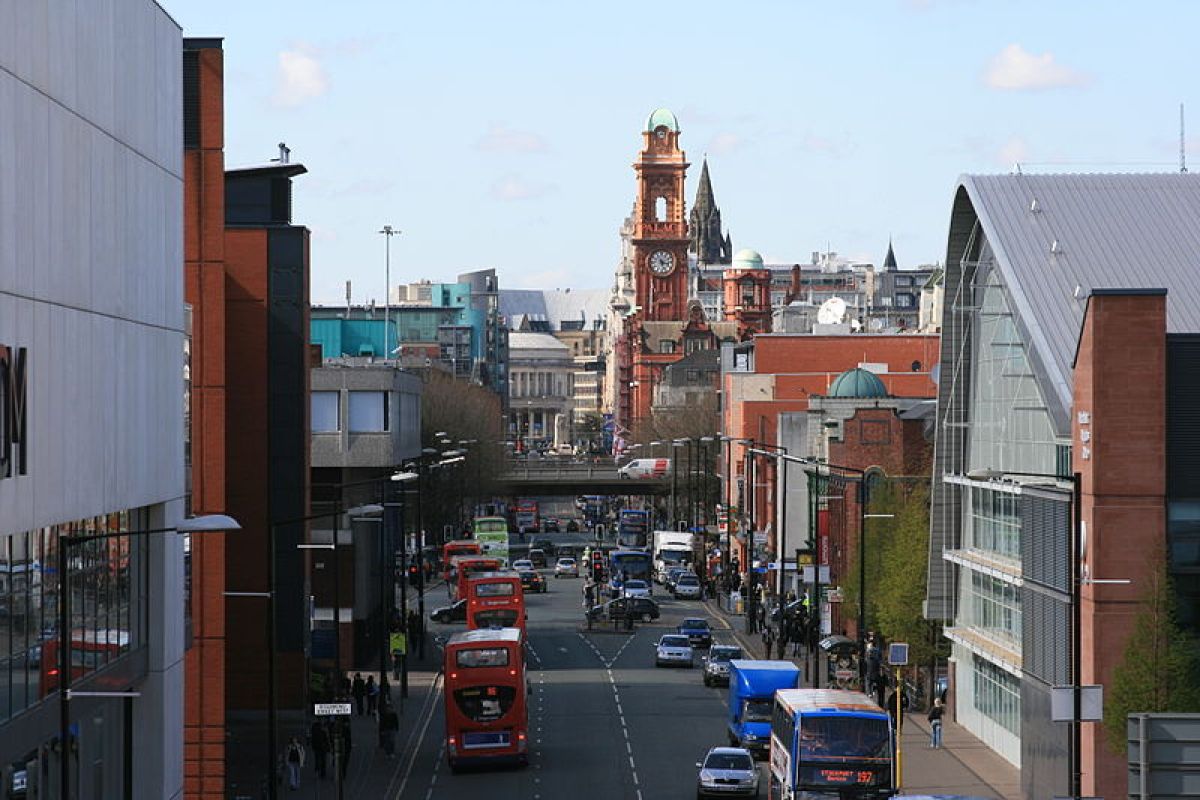‘Clean Air for Schools’ programme launched to tackle air pollution in Greater Manchester
By Ella Gerry

A first ‘Clean Air for Schools’ programme has launched in Greater Manchester. The programme aims to improve air quality in schools and determine how air pollution affects school children.
The ‘Clean Air for Schools’ programme is a partnership between the University of Manchester, The Phillips Foundation and Global Action Plan (GAP). The hope is that the findings of the multidisciplinary collaboration between industry, charity, public sector and academia will be central in informing a ground-breaking framework for clean air plans in schools across the UK.
Greater Manchester was chosen for the study due to the proliferation of schools close to busy roads. As part of the programme, air monitoring equipment will be installed in classrooms across 20 inner-city schools. This includes air purifiers to remove toxins, viruses and pollutants from classrooms. Tailor-made teaching resources about reducing air pollution that support the national curriculum will also be introduced.
The University of Manchester team will look at the existing levels and impacts of air pollution in schools – specifically pollutants such as carbon dioxide, nitrous oxides, particulate matter (PM) and Ozone. The team will also monitor how cleaner air alters the health, behaviour and educational attainment of pupils. Improvements that arise from behavioural changes in children, parents and teachers after engaging with the new teaching resources will also be tracked. Findings are due to be published next spring.
Air pollution is one of the leading causes of death and disease worldwide. According to the World Health Organisation (WHO), air pollution can be linked to an estimated 4.2 million premature deaths globally, particularly from heart disease, stroke, chronic obstructive pulmonary disease and cancer. Exposure to high levels of air pollution during pregnancy is associated with low birth weight, pre-term birth and small gestational age births. Children exposed to high levels of air pollutants have especially heightened risks of acute respiratory infections, diabetes and neurological development issues.
According to the Greater Manchester Combined Authority, approximately 1,200 deaths a year in Greater Manchester can be linked to the common vehicle exhaust pollutant, nitrogen dioxide. With children and older people particularly susceptible, nitrogen dioxide pollution is a major cause of bronchitis, asthma, heart problems and cancer. Manchester has 152 roads cross the city, including Oxford Road, on track to breach legal limits of nitrogen dioxide pollution by 2020, so the issue of air pollution has become a city-wide health crisis.
“Greater Manchester’s ambition is to become one of the greenest city-regions in Europe. To achieve that, we’ve produced proposals to introduce the biggest Clean Air Zone outside London, to tackle the menace of roadside pollution” said Mayor Andy Burnham, after he called on the government for support in tackling air pollution across Greater Manchester.







